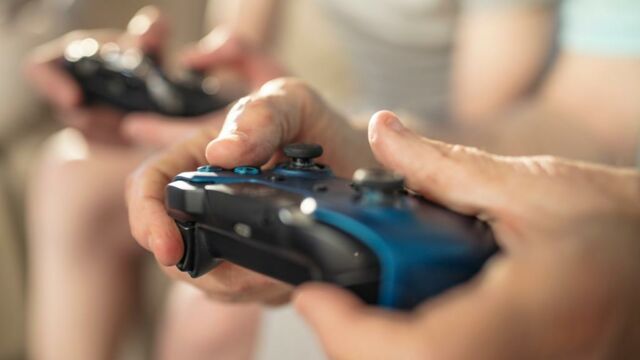According to Xinhua state news agency China is calling for video game companies to impose more restrictions on young gamers in an effort to tackle video game addiction.
Discover our latest podcast
Minors only allowed three hours of video game time each week
The new rules now mean that under 18s in China will only be allowed to play video games for one hour between 8pm-9pm on Fridays, weekends and public holidays.
Previously, young gamers were restricted to 1.5 hours of game time per day and three hours on holidays. However, authorities discovered children were circumventing the rules by using adult IDs. To stop youth from flouting the regulations, gaming companies are now required to have real name verification systems in place and are barred from providing services to minors outside of the designated hours.
The National Press and Publication Administration (NPPA) revealed to Xinhua that it would also be increasing the frequency and intensity of inspections for online gaming companies to ensure they adhere to the restrictions.
Restrictions are designed to combat youth video game addiction
The video games regulator claims that the purpose of the new rules is to combat youth video game addiction and ‘protect the mental and physical health of minors’. NPPA, who published the new regulations on the 30th of August, explained:
Teenagers are the future of our motherland. Protecting the physical and mental health of minors is related to the people's vital interests, and relates to the cultivation of the younger generation in the era of national rejuvenation.
Are video games bad for your mental health?
China’s controversial clap down brings only one question to mind: are video games bad for our health?
Concerned parents have long had a complicated relationship with video games, often labelling them as brain-rotting time-waters. However, many studies have shown that video games can benefit brain function by promoting creativity, motor skills, problem-solving, cooperation and decision-making skills.
Further evidence also supports that some online video game environments are related to positive well-beingand can provide people with communities they wouldn’t have the opportunity to connect with outside of the virtual world.
But, despite its many benefits, video game addiction does exist and affects roughly 0.3-27.5% of the gaming population. However, due to different data gathering methods in studies and surveys, statistics around video game addiction are often vague and varied.
According to Hampshire Child and Adolescent Mental Health Service, signs of video game addiction include:
- Constantly thinking about gaming
- Being irritable and restless when not gaming
- Underreporting or lying about your game time
- Tiredness, headaches and muscle cramps from too much screen time
- Neglecting personal hygiene and eating to play video games
- Neglecting your social life and hobbies to play video games
- Neglecting your responsibilities to play video games
Some studies have also associated excessive gaming with behavioural issues, social phobia, depression and anxiety, and a reduced attention span.
Gaming can be a great tool, but if you believe it is negatively affecting your life, it may be a good idea to take some space and seek help from a professional.















